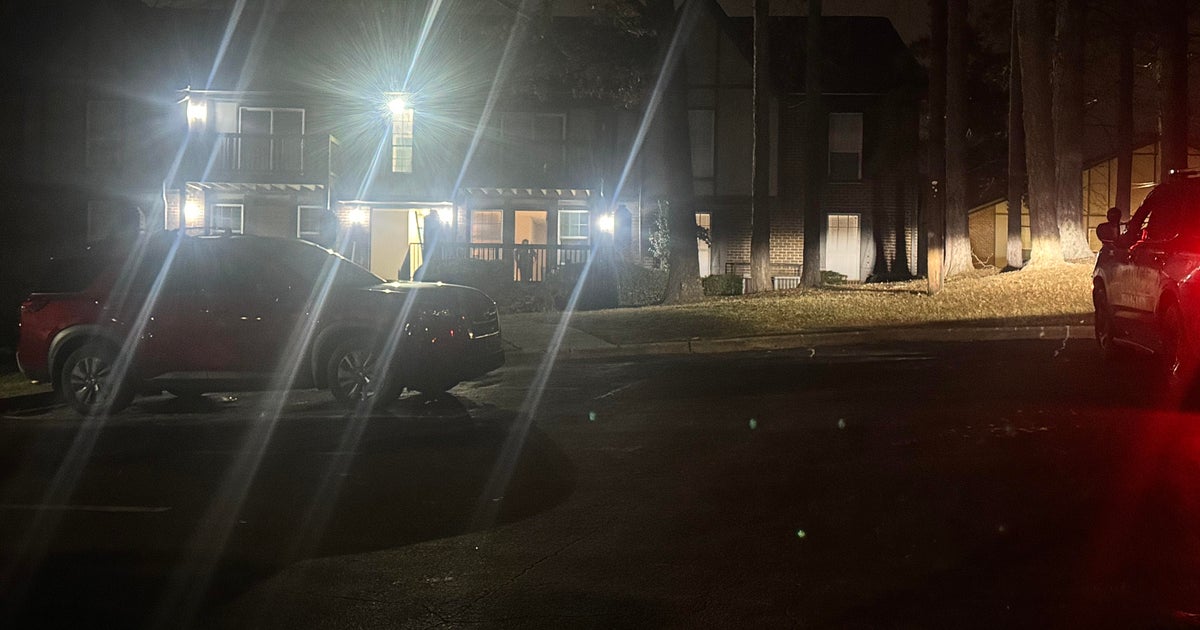2 Investigators: Alternative Power Suppliers May Not Be Cheaper
(CBS) -- You've probably heard that your ComEd bill will soon be going up as much as 38 percent.
So, is this a good time to shop the competition for an alternative power supplier?
As 2 Investigator Pam Zekman found out, you need to be careful before you sign on with another company.
Jason Bailin thought he was going to help the environment and save some money at the same time. As it turned out, he got the biggest electric bill he's ever received.
"In February I paid $700 for my for a two bedroom condo," Bailin said.
His home is heated by electricity and so is his electric stove in the kitchen, where he works on recipes for his business.
He signed up with an alternative energy supplier called Viridian after it offered him a low flat rate of 5.29 cents per kilowatt for six months.
"The first six months it was really great," Bailin said. "Then all of a sudden after that the rate expired, my rate per month shot up to at least two to three times that rate and it was egregious."
Even taking into account ComEd's current looming rate increase -- from 5 cents to 7 cents per kilowatt -- Viridian was charging Bailin much more -- up to 15.9 cents a kilowatt for one month.
When Bailin called to complain he says he was told by a customer service representative, "That's the risk of a variable rate plan."
Viridian offered Bailin a $50 discount and lower flat rate if he extended his contract for another six months. He turned that down and was then surprised to learn it would take two months before he could be switched back to ComEd.
The Citizens Utility Board (CUB), a non-profit organization that represents the interest of utility customers, has seen an increasing number of similar complaints about various alternative energy suppliers.
"We think some of these offers we've seen and received complaints about raise very serious policy issues that we think the Illinois commerce commission needs to address," says David Kolata, CUB's executive director.
In 2012, the Maryland Public Service Commission fined Viridian Energy $60,000 for using false and misleading marketing practices.
And in 2013 the Connecticut Public Utilities Regulatory Authority settled a case with Public Power, a sister company of Viridian, after it agreed to credit customers with rate disputes $41,767.
A spokeswoman for Crius, the parent company for Public Power and Viridian, said those allegations were made before it took over Public Power.
"We did acquire the duty to settle their matters along with the acquisition of the company," she said.
As a result of those cases and 68 other complaints, Viridian now has an F rating with the Better Business Bureau.
Bailin pointed out that Viridian promotes its products as providing "affordable" variable rates.
"Affordable to maybe Donald Trump," Bailin says. "It's not to me."
In a written response to CBS 2's questions, a Crius spokeswoman says, like other customers, Bailin was sent a notification that his flat-rate deal was about to expire and was offered an even lower flat rate if he extended his agreement with Viridian for another six months. Customers who did not respond were then switched to a variable rate.
The spokeswoman said like other energy suppliers, its variable rates fluctuate depending on wholesale energy prices:
"During the winter of 2013-2014 much of the U.S. experienced what has now been called the polar vortex with extremely low temperatures resulting in higher energy usage across many states, higher wholesale energy costs and supply constraints. During this time Viridian Energy, like many other energy suppliers experienced extreme increases in the cost of wholesale energy, resulting in widespread increases to variable rate prices."
She said the company offers multiple "product options" including "the opportunity to lock in a fixed rate product to provide price certainty against market fluctuations."
So what do you need to look for before signing up with an alternative supplier?
"You want to make sure you take a long hard look at the contract and make sure you understand completely what you're signing up for," CUB's Kolata says. "If it's a variable rate -- what would cause it to change, what market index is it geared off of?"
An ICC website helps consumers navigate the choices. Here is the agency's rating sheet for alternative energy suppliers.







